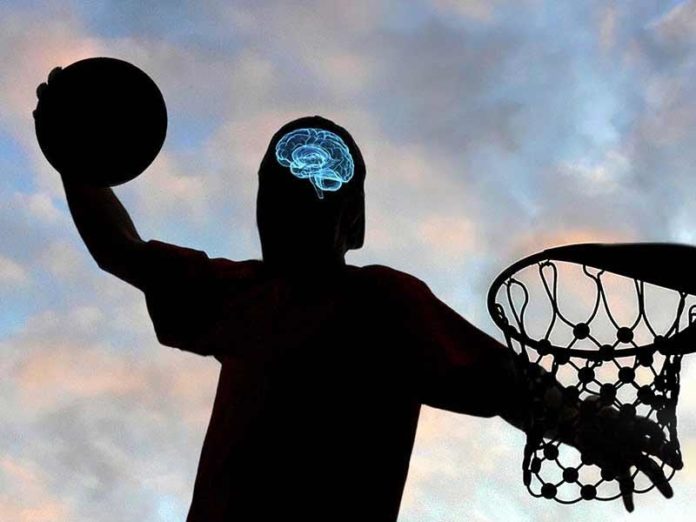The article help you in getting know about numerous health and mental benefits of sports. How sports leads to lower the risk of chronic mental illnesses like depression and anxiety. The article shows the relationship between sports and mental health.
As per the research conducted on sportspersons with compare to non-sports persons, it is found that those who engage themselves in sports activity have a better ability to comprehend noise and static. Researchers say this ability of comprehension allows athletes and sportspersons to process the information and any situation in a better way.
We can find numerous mental benefits of sports. Let’s look at the researchers study about sports benefits brain health and why you should adopt this habit.
The ability to comprehend situations, bring out self from the din, and keep concentrate on goals is one of the key benefits of playing sports regularly, suggests the study conducted by Northwestern University in Illinois.
People who engage themselves in playing sports have a higher ability to tune out the tumult of life as compared to those of a less athletic or sports activity. These people may also have a healthier, smoother, and quieter nervous system that reveals the study. These mental benefits of sports leads researchers to dive into finding further about sports.
There is a huge role of sports activity to mental health. The researchers tested the survey by hooking up two groups of people who are engaged in daily sports activities with those of no sports activities with a device that delivers the speech through earbuds.
In this study, researchers analyzed the participants’ brain activity with respect to the level of background noise as the sound hit the eardrum.
Role of sports activity can be measurable and positively effects mental health, researchers said. What they found is that Athletes had a stronger response and brain activity than these of nonathletes as sounds coming from the background noise.
Nina Kraus, Ph.D. and a senior author and director of Northwestern’s Auditory Neuroscience Laboratory, speaking with the press, said that “Think of background electrical noise in the brain like static on the radio. There are two ways to hear the DJ better: minimize the static or boost the DJ’s voice. We found that athletes’ brains minimize the background ‘static’ to listen to the ‘DJ’ better.”
Hence the researchers concluded that these improvements and comprehension power in auditory processing might protect and compensate for several head injuries to a certain extent. Thus, we say that there are numerous mental benefits of sports that can keep people away from haphazard diseases like anxiety and depression.

















